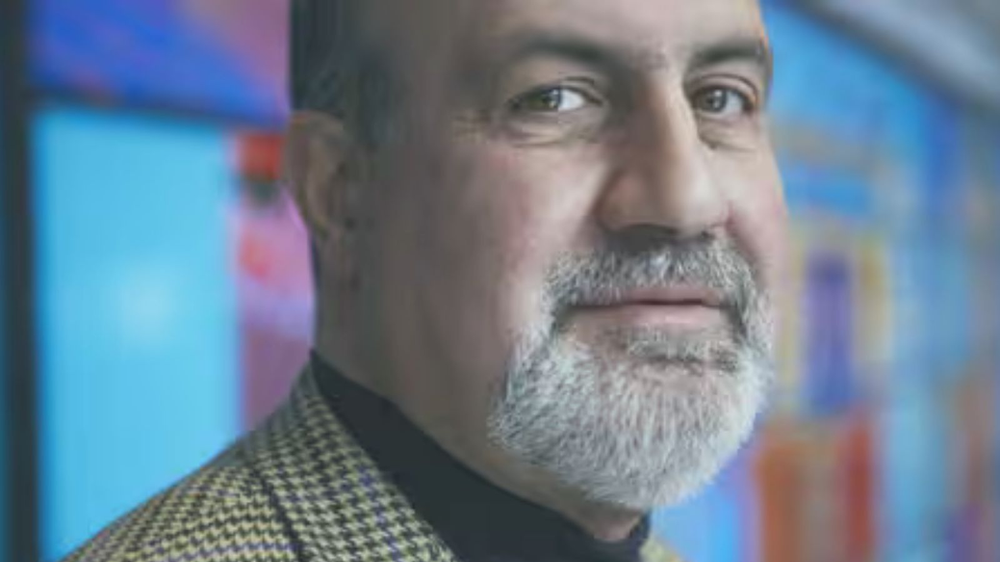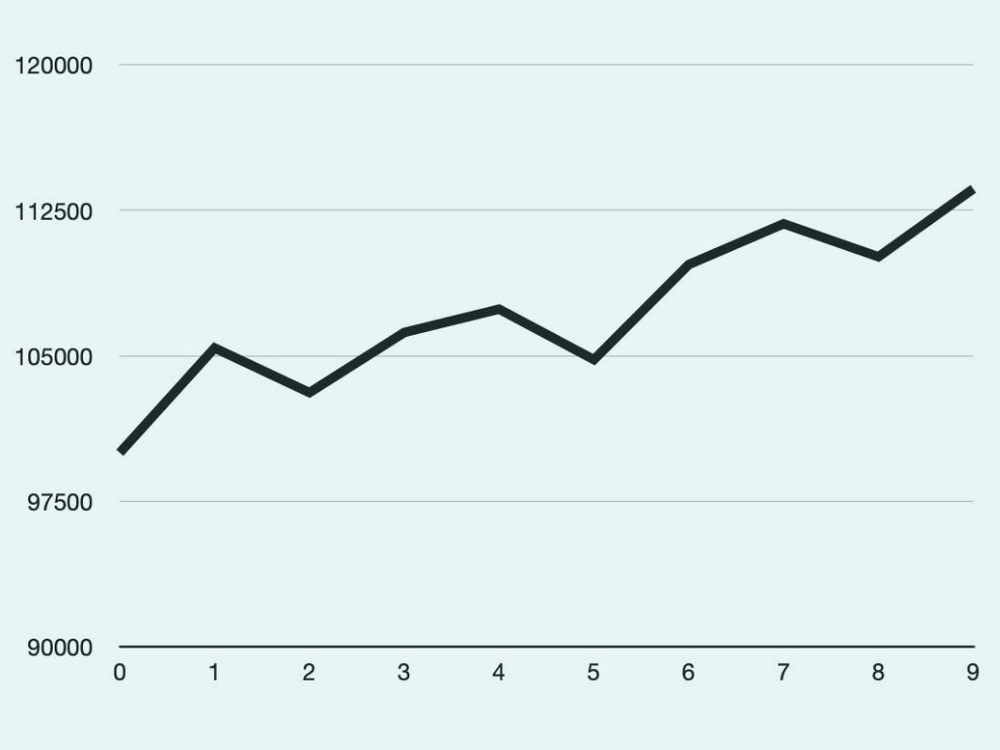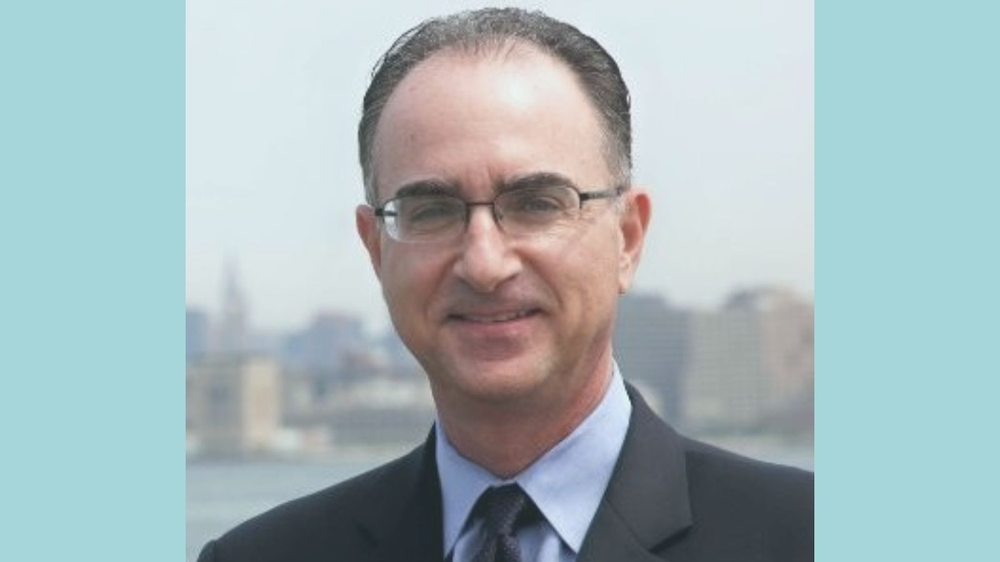12 Nassim Nicholas Taleb Quotes on Trading

Throughout his career, statistical mathematician Nassim Nicholas Taleb has been an option trader, risk analyst and hedge fund manager. He has written a number of books, including Fooled by Randomness and The Black Swan.
Here are 12 of my favourite Nassim Nicholas Taleb quotes on trading, and quotes that could be applied to trading.
One of the themes that comes up again and again in Nassim Nicholas Taleb’s work is the idea that many decision-makers in the financial industry do not risk their own money. Individual traders, however, often do.
,"When I trade, I don't have an agency problem; I have my neck on the line. When a bank or banker trades, it's not his neck on the line."This following quote is a great way of saying that it’s all well having a strong feeling that price will go up or down, but if you haven’t put your money where your mouth is, then you don’t really mean it:
“Never ask anyone for their opinion, forecast, or recommendation. Just ask them what they have - or don’t have - in their portfolio.”And here’s another on in the same vein, that is very relevant in trading. Words are cheap, but risking money on a trade means something completely different:
“How much you truly “believe” in something can be manifested only through what you are willing to risk for it.”One of the strange things about trading is trading more does not necessarily mean making bigger profits. Sometimes it’s better to do less. Here Nassim Nicholas Taleb touches on that idea:
“Trading forces someone to think hard; those who merely work hard generally lose their focus and intellectual energy…work ethics… draw people to focus on noise rather than the signal.”Two things I love about Nassim Nicholas Taleb’s writing is the way he often emphasises how little we all know, and his irreverent way of describing those who think they know:
“People overvalue their knowledge and underestimate the probability of their being wrong.”He makes the point again when explaining the deeper meaning of probability:
“Probability is not a mere computation of odds on the dice or more complicated variants; it is the acceptance of the lack of certainty in our knowledge and the development of methods for dealing with our ignorance.”Here he describes how he applies this wisdom in his own trading career:
“My lesson from Soros is to start every meeting at my trading boutique by convincing everyone that we are a bunch of idiots who know nothing and are mistake prone, but happen to be endowed with the rare privilege of knowing it.”One bad habit that many traders have is doubling down when they are losing. The opposite, increasing size when things are working, is often discussed by successful traders and here is Nassim Nicholas Taleb’s take:
“You start betting aggressively whenever you have a profit, never when you have a deficit, as if a switch was turned on or off. This method is practiced by probably every single trader who has survived.”I love how Nassim Nicholas Taleb takes down the ego of traders and the number of false claims made by supposedly successful traders. He sees through all the bravado and bullshit:
“Never ask a trader if he is profitable: you can easily see it in his gesture and gait.”And again:
“Traders, when they make profits, have short communications; when they lose they drown you in details, theories, and charts.”Randomness is a common theme in Nassim Nicholas Taleb's work, and here he reminds us that short-term success in the markets is often based on random luck:
“We tend to think that traders make money because they are good….One can make money in the financial markets totally out of randomness.”And finally, a reminder that it is great to have a trade idea that works out, but it is the money that is made in being ‘right’ that is what makes a good trader:
“Alas, investors and businesses are not paid in probabilities, they are paid in dollars. Accordingly, it is not how likely an event is to happen that matters, it is how much is made when it happens.”



